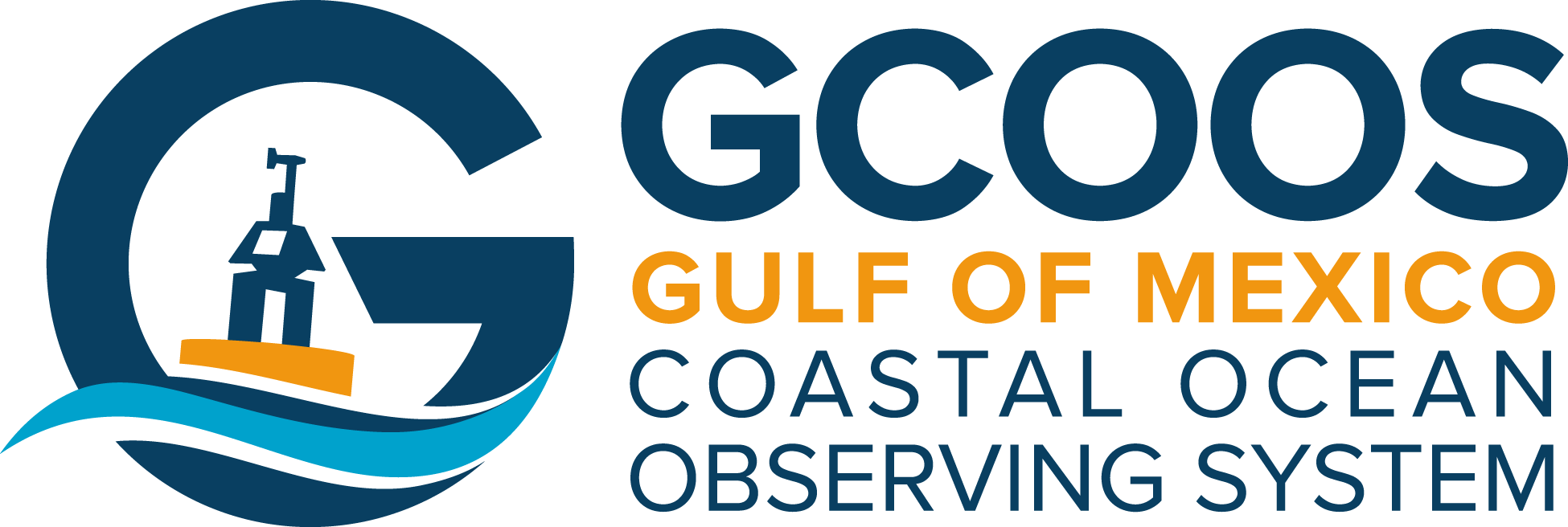Newswise — When forecasters are predicting the next hurricane, rescuers are seeking information on wave heights in the Gulf or clean up crews are trying to map the direction of the next oil spill they can rest assured of one thing: They can rely on the real-time and near real-time data provided by the Gulf of Mexico Coastal Ocean Observing System (GCOOS) because it has been certified to meet the highest quality standards possible.
Today, GCOOS announced that it has received official certification from the U.S. Integrated Ocean Observing System (U.S. IOOS®) and the National Oceanic and Atmospheric Administration (NOAA). Certification means that GCOOS is meeting federal standards for data gathering and management and operates inclusively, transparently and seeks user input to determine system priorities.
“Certification is the end result of a lot of hard work, as well as a critical step in building a fully integrated observing system,” said Carl Gouldman, U.S. IOOS Director. “We congratulate GCOOS on this accomplishment and are happy to say that NOAA now stands behind GCOOS’ data management and operational standards. Anyone anywhere is able to use data and information from GCOOS with the same confidence as they would U.S. IOOS and NOAA data.”
Having the IOOS/NOAA stamp of approval means that the independent, nonprofit GCOOS is the only certified observing system whose sole focus is on the Gulf. In fact, GCOOS is the heart of data collection for ocean and coastal waters in the Gulf of Mexico — collecting thousands of data points from sensors and ensuring that the information is reliable, timely and accurate before disseminating it to the ocean sectors that rely on it.
Gulf data matters because the Gulf of Mexico is America’s Sea.
- It is the nation’s gas station, with 20% of the nation’s oil reserves; 14% of dry natural gas reserves; 45% of the U.S. petroleum refining capacity and 51% of our natural gas processing capacity;
- The Gulf’s commercial fishery accounts for $24 billion in sales;
- It holds 13 of the nation’s top 25 U.S. ports (by tonnage);
- And revenues generated by Gulf states contribute $2 trillion per year to the nation’s gross domestic product — including $660 billion from coastal county revenues and $110 billion from ocean revenues.
“These activities — from oil drilling to commercial fisheries — all depend on having timely and reliable ocean information,” said Dr. Barbara Kirkpatrick, GCOOS Executive Director. “Reliable, certified ocean data is also crucial for predicting severe weather like tropical storms and hurricanes and even helping to ensure that recreational boaters get home safely. While Gulf coast residents may not always realize that they’re using our data, it impacts their lives in large and small ways almost every day.”
GCOOS is a broad organization with more than 150 members, partners and data providers operating in the Gulf. They come from governmental and nongovernmental organizations; they include academia and even citizen science organizations. That means GCOOS is bringing in data from many locations. Being certified means that the data it sends out have undergone quality control and can be used as a reliable source.
“Ensuring that data is held to consistent and commonly understood quality assurance and quality control standards is key to our mission as an organization,” said William Lingsch, Chairman of the GCOOS Board of Directors. “In many ways, GCOOS has helped to set the national standards for regional associations like ours thanks to the work of our staff and its many partners. Standards for data and how that data is shared means that we all benefit as a society.”
Having a certified data portal like GCOOS that is totally focused on the Gulf should help the Gulf Coast’s 14 million residents sleep easier at night, said Dr. Larry McKinney, Executive Director of Texas A&M-Corpus Christi’s Harte Research Institute for Gulf of Mexico Studies. “Data from ocean observing tools like buoys, autonomous underwater vehicles, high frequency radar systems and more are used to make predictions that inform decision makers and the public about commerce, the environment and public health,” he said. “We need to know that we’re basing these decisions on timely, accurate and reliable information. With GCOOS as our certified data provider in the Gulf, we can rest assured that we are.”
